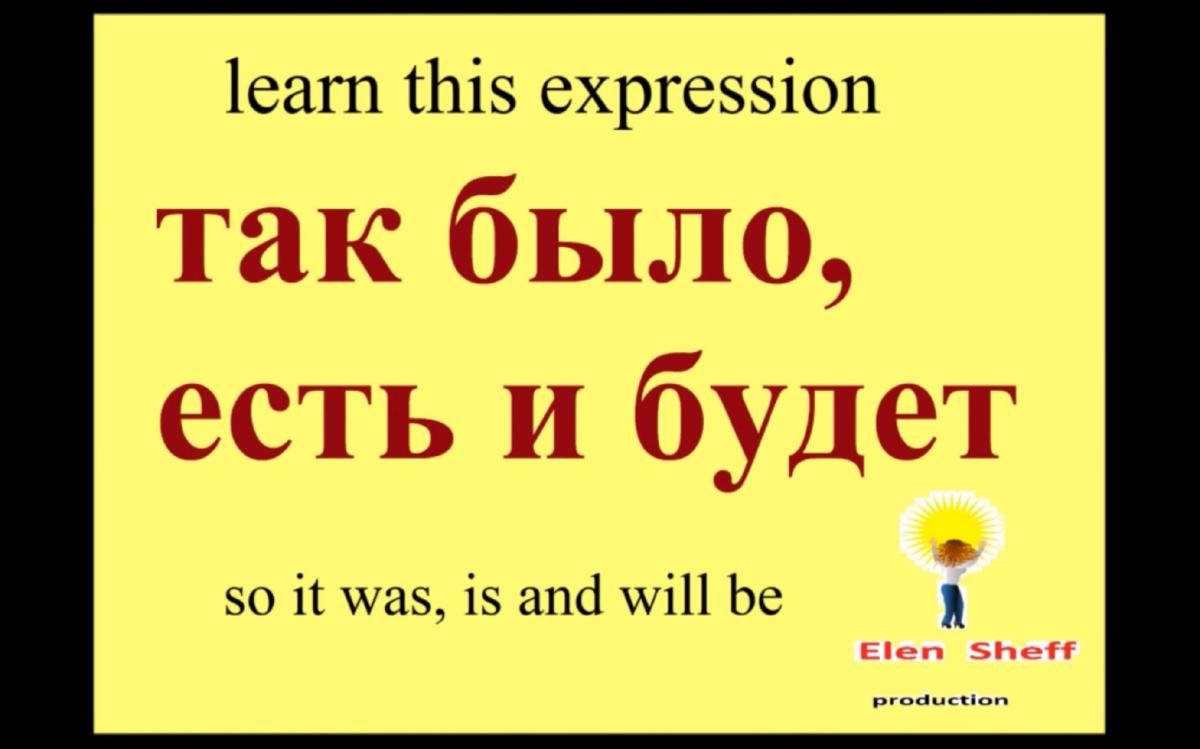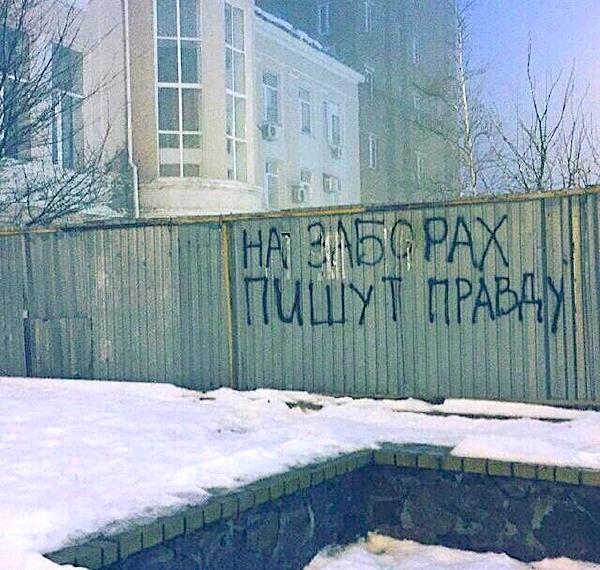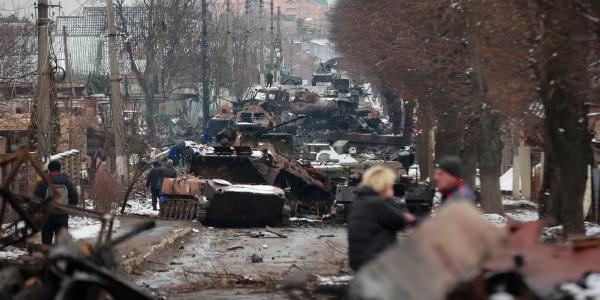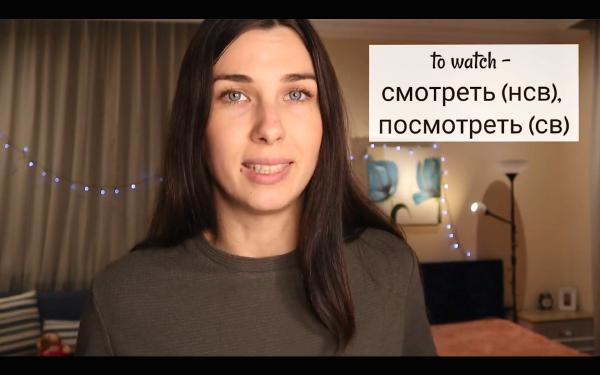To Be or Not to Be
Just like with the verb “to have”, there’s something odd about the verb “to be” in Russian. It does exist—it’s called быть—but it often goes missing in sentences, unless you’re speaking in the past or future tense. In the present tense, it’s frequently omitted.
Present Tense
In the present tense, it’s simply not needed.
He is happy: он счастлив.
That is strange: это странно.
- Russian to be in the present tense – быть в настоящем времени (Russian with Natasha, 2016, 17 m)
- Russian Grammar: Verb to Be in Present Tense (Fun Russian, 2012, 2 m)
- Making sentences
You will encounter the verb in famous lines like Shakespeare’s “To be or not to be”—быть или не быть. It also appears frequently in может быть (literally “can be”), which means “maybe” in Russian. In the present tense, the verb can take the form of есть, but it’s the same for all pronouns.
Past and Future Tense
In the past and future tenses, you’ll need to conjugate it. Use был, была, было, or были for the past tense (see more on past tense); for the future, use буду, будешь, будет, будем, будете, or будут. You can also check out conjugation examples on Bab.la, Reverso, and Wiktionary.
He was happy: он был счастлив.
That will be strange: это будет странно.
- Russian Verb To Be / Russian Verb Drills / Russian Verb Conjugation Practice (Boost Your Russian, 2020, 9 m)
- Future tense of the verb to be in Russian быть (Russian with Tamara, 2019, 1.5 m)
- Verb “to be” in Russian: быть – был – есть – буду etc. (Ru-Land Club, 2017, 13 m)
Russian Verbs – The Future of быть
(Russian grammar, 2013, 2 m)
Как запомнить глагол быть? – подсказка запоминания
(русский с носителем, 2017, 5 m)
История глагола “быть” в русском языке
(Милин, 2020, 11 m)
More
See Был, была, было или были? Будет или будут? Глагол быть и родительный падеж (О русском по-русски, 2019, 14 m) and Russian verb to be: быть (LRW Alfia, 2019, 10 m).
Является
Don’t confuse быть with является, another verb for “to be.” Learn more in Когда мы используем глагол являться? (Tatiana Klimova, 2019, 4 m), What Does “Является” Mean? (Be Fluent in Russian, 2018, 4 m), and Являться (русский с носителем, 2017, 10 m).
More








